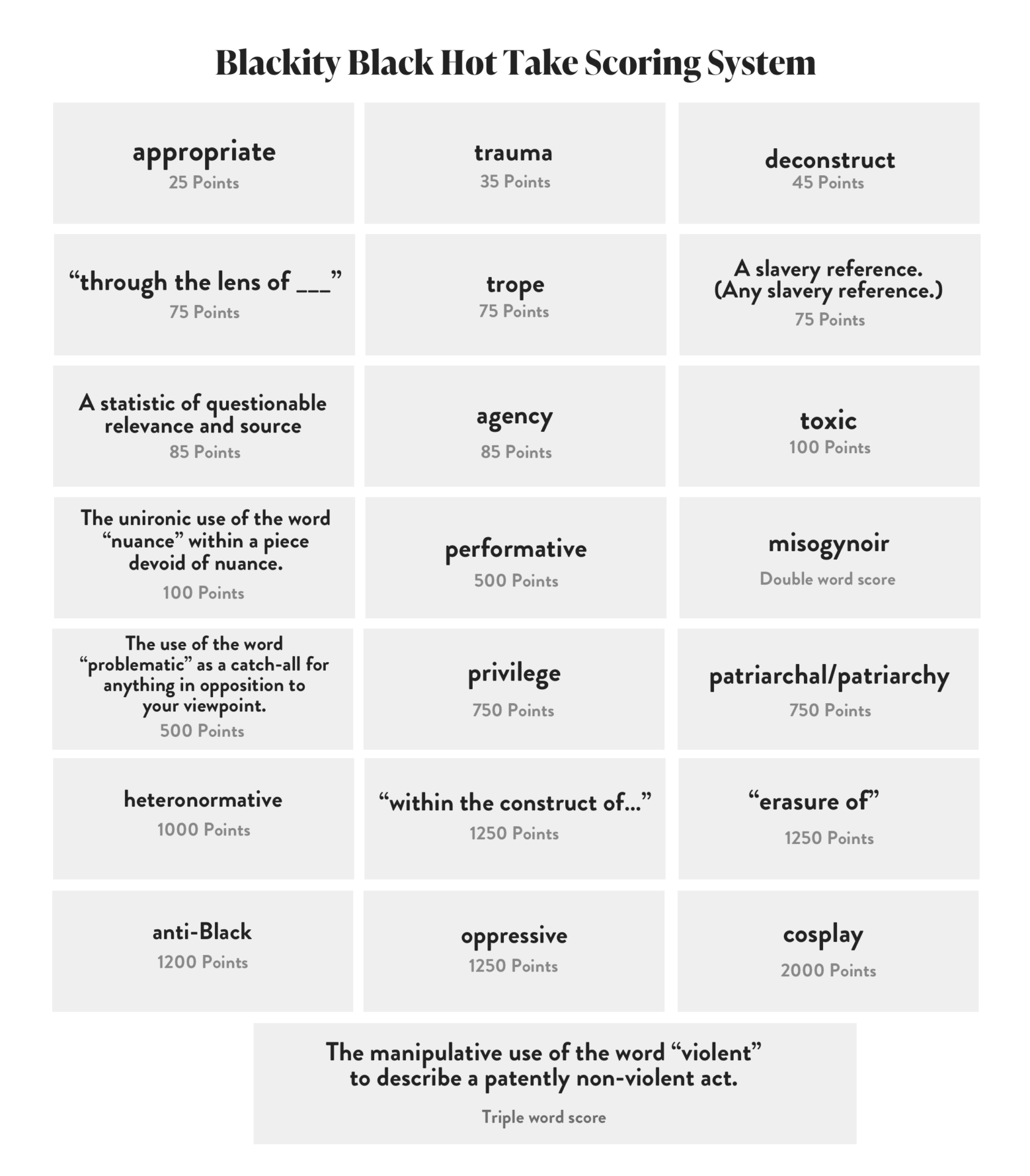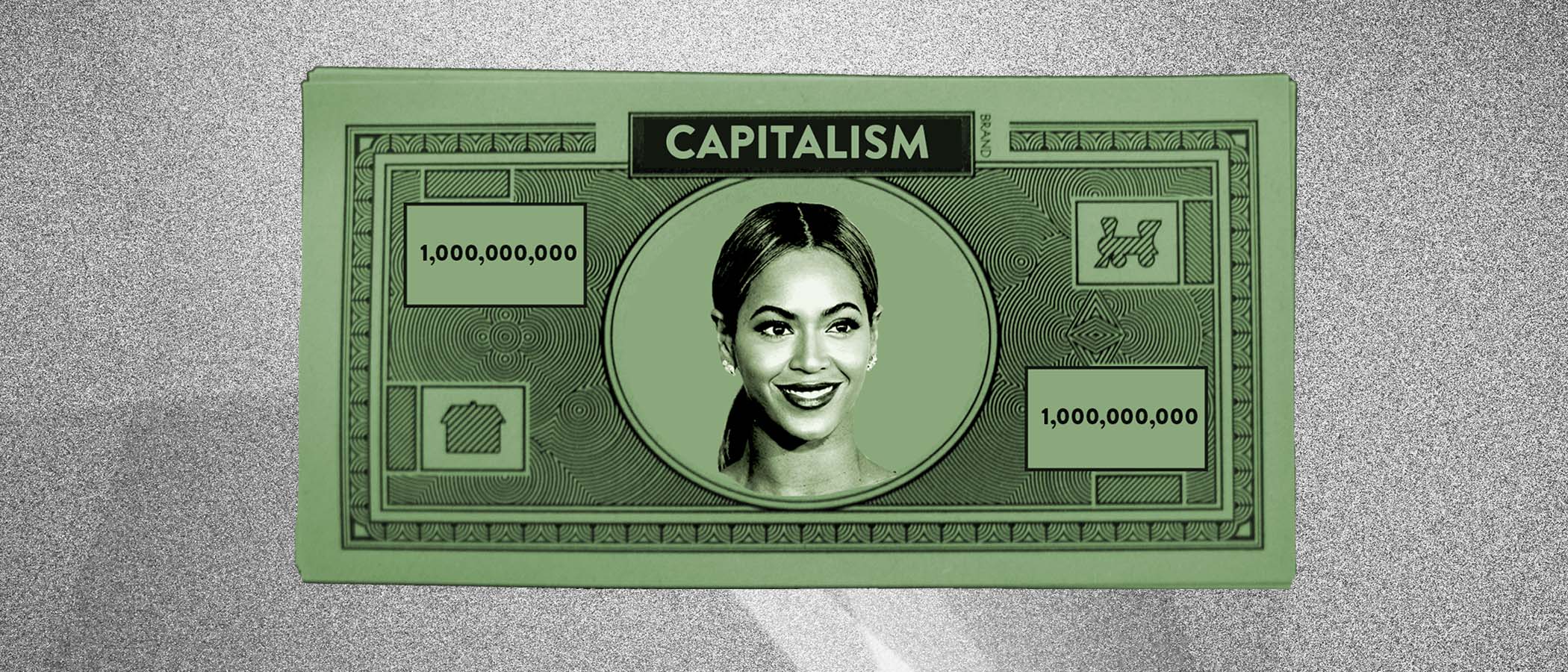
This week Beyoncè and her first husband Jay-Z kicked off their partnership with Tiffany and Co. with the launch of a violently problematic ad that featured the wealth-hoarding couple posing in front of a rare Basquiat painting while Beyoncé wears a diamond that was “discovered” in South Africa (in perhaps the same sense that Christopher Columbus “discovered” the Americas).
And as soon as the ad launched, I and the rest of “Anti-Capitalist, But Buy My Book” Twitter were fuming!
Now, I don’t know much about Basquiat, and I honestly didn’t think a lot about him before this story exploded on Twitter, but as I look at the Basquiat t-shirt I bought last year from Urban Outfitters, he just seems like the type of guy who would be against people supporting the gross commercialization of his art and likeness.
Beyoncé and Jay-Z should also know that so many of the diamonds “acquired” from South Africa were done so at the expense of child labor and bloody conflict. Last year Beyoncé released a visual album dedicated to Africa (about which I wrote a 7500-word negative think piece before I even saw it). It seems more than a little hypocritical to wear this particular diamond barely a year after creating art that aimed to celebrate Africa.
If Beyoncé and her husband were as pro-Black and pro-Africa as they claim, they would implore Tiffany & Co. to return the diamond back to South Africa.
Where exactly in South Africa? I couldn’t tell you.
To whom? I’m not really sure.
I don’t really have the specific answers because my brand is based on regurgitating the same outrages and buzzwords over and over as opposed to proposing feasible solutions. But if I were them, I’d get in my fancy billionaire private jet, fly over South Africa, drop the diamond in some random location over the country and let the locals sort it out.
A History of Mixed Messages
I wish I was surprised by Beyoncé’s capitalist antics, but the truth is Beyoncé has a long problematic history of conflicting ideals. About two years ago, Beyoncé carried a purse with the word “billionaire” to a fundraising event hosted by a billionaire, held at a casino that cost $1.5 billion to build. And as I think about that gross display of wealth, I can still vividly remember how deeply disgusted I was with Beyoncé and Beyoncé alone. And it was at that moment where I realized that I could use anti-capitalist critique as a mask for my decades-long hatred of Beyoncé. And so, I began my crusade of trying to convince anyone would who listen that Beyoncé’s brand of capitalism was single-handedly destroying global civilization as we know it.
Yes, I’m aware that (according to public records), Beyoncé isn’t even in the top five of the world’s wealthiest Black people (let alone when you add honkeys) and yet, I still think it’s more than fair to make her and her alone the mascot of all of capitalism’s failures — past and present.
And so, the time has come for us to have an honest, objective, and nuanced discussion of Queen Bey, and who better to facilitate this objective discussion than a person who’s hated her since the slow version of “No, No, No“?
Money Won’t Liberate Black People (But Beyoncé Still Needs To Give Us Some)
Even before she did Michael Jackson Black radical cosplay at the Super Bowl, Beyoncé had long conflated Black liberation and Black capitalism. And that harmful confluence is counterproductive to what real Black people need.
The key to Black people being free isn’t upward mobility, generational wealth, or even economic independence. We need to create a system in which African Americans are all equally poor, Black, and grumpy. True Black liberation can only be achieved when we economically disarm Black people, remove them from positions of cultural and political power, and eradicate the wealth of Black people who would have a vested interest in putting money back into the communities they came from. As a proponent of Black Liberation I feel that it is my duty to place a very low ceiling on Black achievement and then question the motives of anyone who breaks through it (but not everyone who breaks through it).
There should not be any wealthy Black people in America; however, the fact that Beyoncé refuses to use her wealth to solve every single problem plaguing modern society, speaks to how greedy she is and I think it’s absolutely disgusting to create a platform that purports to care about the liberation of Black people while trying to sell them products at the same time.
And if you agree that Black creatives shouldn’t use Black Liberation rhetoric and aesthetics for personal gain, please consider buying one of my Liberation Candles, currently available in 3 Blackity Black-assed scents:
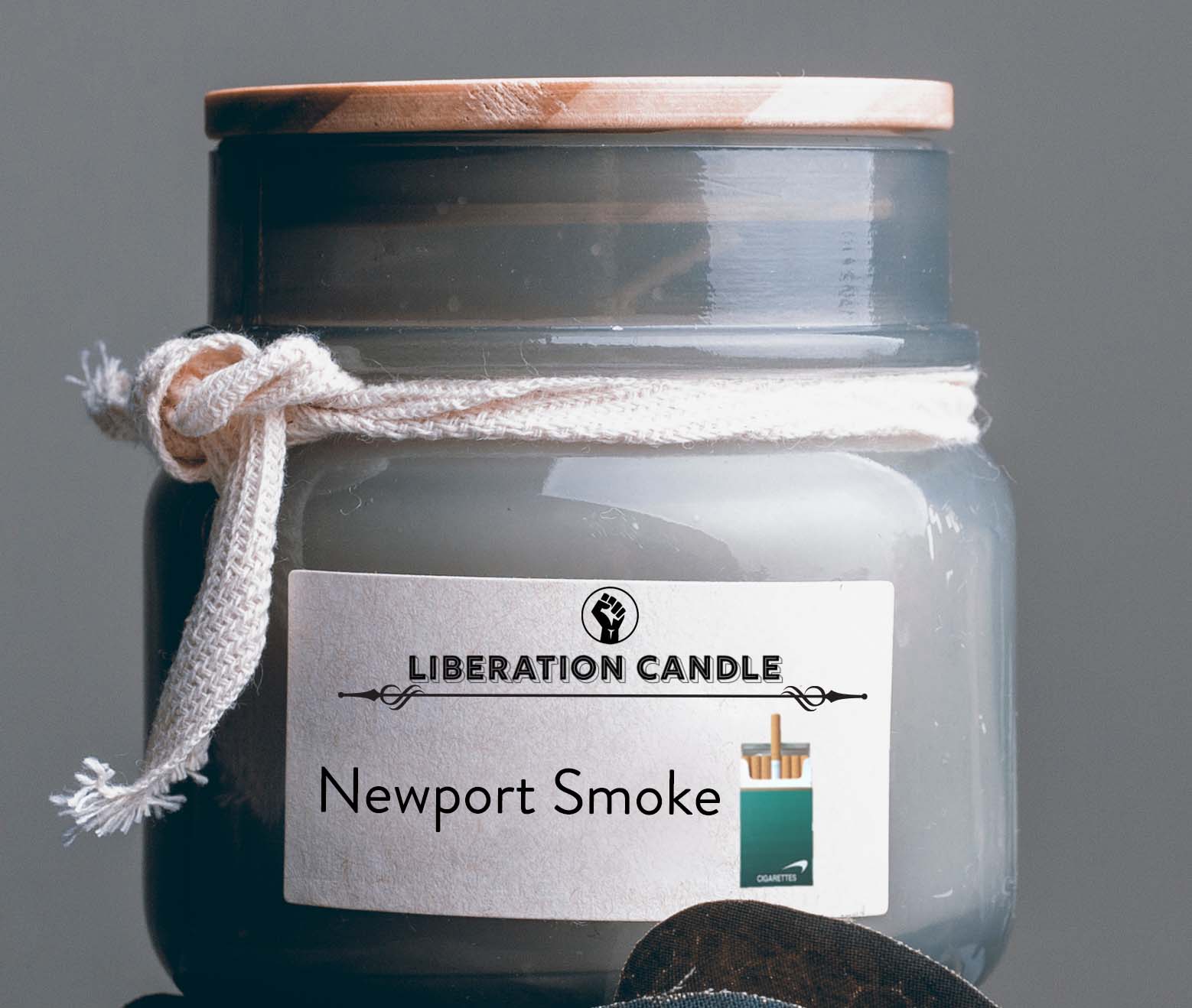
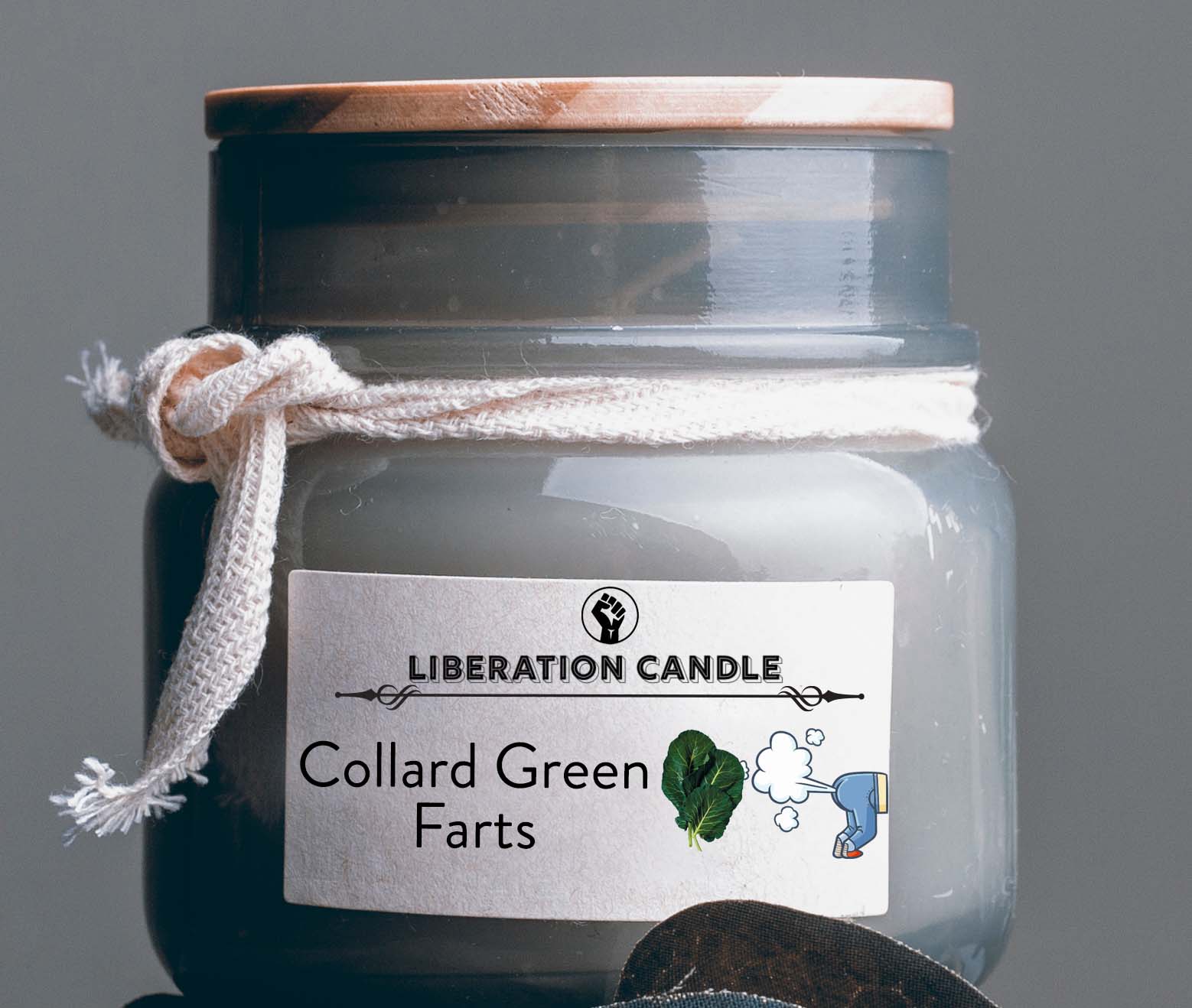
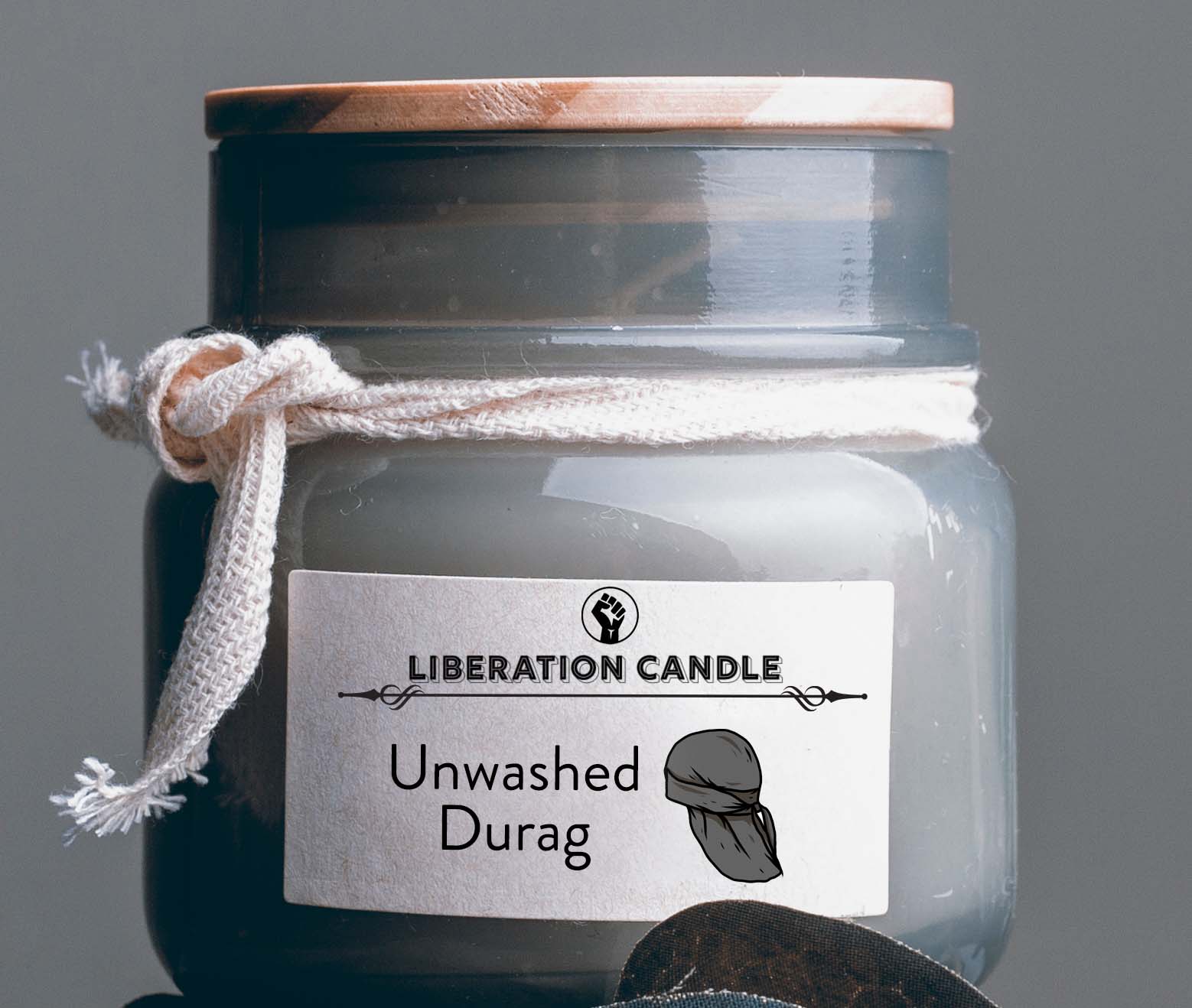
Note: A percentage of the sales from these candles will help liberate Black people. Please keep in mind that 0% is still a percent and if you don’t buy a candle that means you hate Black people.
The Global Hunger Crisis is Beyoncé’s Fault
Since my job as a cultural critic is nothing more than annotating content stolen from stan Twitter, as I was browsing my timeline it came to my attention that in the early 2000s, Popeyes issued Beyoncé a gold card guaranteeing her free food for life. It should be noted that the card was given to Beyoncé 20 years ago (and she has rarely mentioned it since). Nevertheless, I intend to discuss this subject with the urgency and smug self-importance of someone who’s dispensing new information.
As I watch the world battle a food shortage worsened by the pandemic, I was deeply saddened by the fact that Beyoncé has been hoarding chicken for nearly 20 years.
What a greedy and violent act of ravenousness and violent, um, violence to have unlimited access to Cajun-spiced wings and thick ass biscuits as almost a billion people around the world go to bed hungry. I could barely contain my indignation, so I went to Twitter to have an open dialogue about Beyoncé’s chicken-hoarding antics, before muting the thread, limiting the people who could reply to it, and making my account private.
Is it possible that Beyoncé’s gold Popeye’s card was more of a promotional gimmick than a functional form of currency?
Yes.
But, as I often say, logic is a mere speedbump on the road to a book deal.
The black-ass bottom line of it all is that for the past 20 years, as a global hunger crisis spiraled out of control, Beyoncé has had access to an infinite supply of food and kept that gold Popeyes card tucked away in her billionaire clutch while people died of hunger. I’m not saying that makes her guilty of genocide, but I’m not not saying it either.
Beyoncé’s mere possession of the card is just the tip of this profoundly problematic and violent iceberg. First off, by accepting Popeye’s gold card, she has aligned herself with a corporation that has depoliticized the Black radical roots of fried chicken parts. To understand this subject further, we must (as many of these essays do) make a perfunctory reference to slavery (which will henceforth be referred to as “chattel slavery” because saying “chattel slavery” instead of “slavery” makes me feel smart).
The history of fried chicken can be traced back over 300 years ago when enslaved cooks from West Africa added seasoning to the fried chicken recipes brought to America by the Scottish. Fried chicken also had added value as enslaved African American women began selling chicken as one of their only means of economic independence. The fact that Beyoncé hasn’t guest-starred in a Black-ish episode about this is inexcusable on her part. And the fact that she has not gone to every Popeyes location and personally handed out a DVD boxset of Roots with every spicy chicken sandwich, makes her complicit in the erasure of chattel slavery from American history.
Is it possible that Beyoncé is simply a case of a Black woman appropriating cajun rice and upholding patriarchal and heteronormative capitalist structures while engaging in the commodification of coleslaw for the White gaze? I’m not sure, but I heard those words on Twitter, and I’ll be damned if I don’t use them before this essay is over.
Beyoncé Hates Black Women
As we begin to carefully and thoughtfully unpack why Beyoncé wishes to add to the cultural unseasoning of Black chicken history, we should also ask why she would align herself with a company that blatantly disrespects Black women.
According to a report by absolutely nobody, it is estimated that Black women are four times as likely to get the wrong dipping sauce in the Popeyes drive-thru when compared to their White counterparts. Last year in the United States alone, it was reported that 14 Black women asked for ranch dressing and were given the wrong sauce. (I don’t know about you, but when I have my mouth ready for Mardi Gras Mustard and get barbeque sauce instead, I consider it a hate crime.)
The classist, elitist, racist violence of depriving Black women of their ranch dipping sauces only serves to depoliticize the historical significance of ranch dressing in low-income Black neighborhoods. Even the most devoted member of The Beyhive would have to wonder why Beyoncé would align herself with a company that disregards the agency of Black women by trying to police how they can and cannot dip their french fries. But the answer as to why Beyoncé would affiliate herself with such violent misogynoir is not a comfortable one.
Although Beyoncé has built a brand on Black women empowerment and solidarity, she has had a complicated relationship with Black women:
- On March 16, 1992, while in 6th-grade geography class, one of Beyoncé’s Black female classmates sneezed, and Beyoncé didn’t immediately say, “God bless you.”
- When Beyoncé was 17, and on tour with Destiny’s Child, she ate the last of LaTavia’s Flaming Hot Cheetos without permission and didn’t even throw the bag away.
- And you know what, I’m just gonna say it: I still think she should have let Ledisi sing at the Grammys that one year.
What Beyoncé Can Learn From Rihanna
Beyoncé could stand to learn a lot from Rihanna.
Rihanna has built her empire without tearing Black women down, without throwing her wealth in our faces, and without allegations of exploitation. I find Rihanna to be a much more relatable and inspirational figure, because if she can become a billionaire being a mediocre singer, then I can certainly pay off my credit card debt by being a mediocre writer. Yes, Rihanna is still a wealth-hoarding billionaire, but she doesn’t make a big thing about it. (And, historically, the men she dates are better looking than Jay-Z — even if they are colorist abusers).
While The Beyhive has pointed out that I don’t have the same anticapitalist energy for any other wealthy Black entertainer, this is not meant to disparage Beyoncé in any way. It is possible to be a fan of Beyoncé while attacking and undermining the very root of her as an artist and a human being. There’s room for both love and self-righteous judgment — there’s always a duality. Nothing in the world is monolithic (except my view of Blackness and how it should be performed).
Therefore…
In Conclusion…
Consequently…
Moreover…
Does expecting that Beyoncé (an entertainer) do the work of government officials create a level of deification that is far more toxic than the stan culture I pretend to hate?
Probably.
Are my critiques of Beyoncé rooted in good faith, logic, or even fact?
Not really.
But I’m more than willing to risk total credibility on an almost obsessive fixation on one new-money entertainer who has benefited from capitalism as opposed to discussing the centuries-old system which continues to uphold it.
And so, in the spirit of rational discourse and problem-solving, I’ve worked out a simple formula of how Beyoncé can single-handedly end capitalism and systemic racism once and for all:

No matter how you feel about her artistry, the bottom line is this: if Beyoncé truly cared about Black Liberation, Miss Mamas would open her purse and redistribute her wealth and her chicken nuggets.
About The Writer
I am a social media-radicalized Black who has pieced together a flimsy ideology based on pamphlets found in dorm rec rooms, Black Twitter buzzwords, flea market t-shirts, Black feminist book CliffsNotes, and ending my hot takes with the phrase “But y’all not ready for that conversation.”, despite the fact I just arrived at the conversation 15 minutes ago.
It is my life’s mission to teach a younger generation that being perpetually indignant is not only an attractive personality trait but also a viable career path and effective form of activism. Much of my work as a cultural critic revolves around deeply criticizing the Black wealthy elite while ruthlessly fighting other Black writers for jobs in media companies owned by the White wealthy elite.
I am currently working on a new book entitled: Knucking and Bucking: The History of Black American Working Class Violence Through The Lens of Crime Mob Lyrics.
Please consider sending me a donation via CashApp. This will help me emancipate Black people from the shackles of capitalism — and get my car fixed. (It’s gonna be really hard to start a revolution and liberate Black people in a 2005 Altima with an oil leak and broken air conditioner).
If you don’t give me money, you’re a literal fed.

This Essay’s Woke Rating

This essay has received a rating of 4.5 afro picks out of 5, based on the Blackity Black Hot Take Scoring System, a rubric that assesses the potential engagement value of hot takes based on the usage of common Negro Twitter platitudes and truisms.
